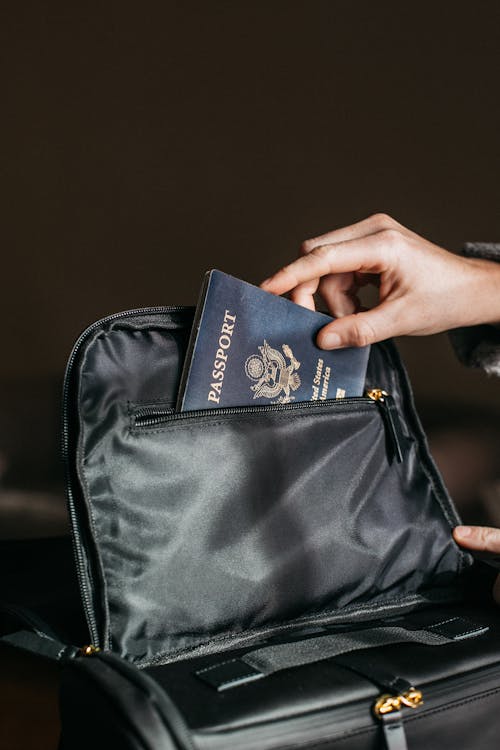What Makes the Strongest Passport in the World So Powerful?
It’s easy to think of a passport as just a travel document—a few pages stamped here and there with the memories of faraway places. But not all passports are created equal. Some carry a kind of invisible weight, a silent permission slip to cross borders with ease.
The strongest passport in the world is more than just a piece of identification—it’s a symbol of privilege, freedom, and geopolitical power. And if you’ve ever had to wait weeks for a visa, sit through an embassy interview, or get rejected from a country, you understand just how much that strength matters.
When I first started traveling, I didn’t think much about passports. I assumed everyone had more or less the same experience at airports. That illusion shattered quickly when I saw a friend from another country get pulled aside at immigration while I breezed through.
We were both tourists, with the same itinerary, but our passports told different stories. Mine opened doors. Theirs raised questions. That was when I started paying attention to passport rankings and what they actually signify.
According to the Henley Passport Index, which ranks passports based on the number of destinations their holders can access without a prior visa, countries like Japan, Singapore, and Germany often top the list.
These passports open doors to over 190 countries, which is more than just a convenience—it’s a strategic advantage. Whether you’re a business traveler, a digital nomad, or a student, having a strong passport means fewer logistical headaches and more freedom to say yes to opportunities. That kind of mobility isn’t just personal—it’s political.
Why Some Passports Are Stronger Than Others
A passport’s strength is a reflection of its country’s diplomatic relationships, economic stability, and global standing. When you hold a passport that allows visa-free travel to most countries, it means your home nation is seen as trustworthy, stable, and unlikely to produce security risks.
It’s a silent endorsement from the world that says, “We believe your people will follow the rules, spend money responsibly, and go home when they say they will.” That trust is earned through years of diplomacy, trade agreements, and participation in global coalitions.
For instance, Japan’s passport has consistently ranked at the top for years. This isn’t by accident. Japan has cultivated strong ties with nearly every region on earth, balancing economic partnerships and peaceful diplomacy. Its citizens are generally viewed as low-risk travelers, which contributes to widespread visa waivers.
Similarly, Singapore’s passport benefits from the city-state’s neutral political stance, robust economy, and high global reputation. It’s an example of how soft power—cultural influence, economic strength, and diplomacy—can translate into literal global access.
On the flip side, countries experiencing conflict, political instability, or strained diplomatic relationships often find their passports ranked much lower. Citizens from these nations may require visas for nearly every destination, adding layers of bureaucracy and cost to international travel.
And sometimes, those restrictions have little to do with the people themselves and everything to do with global politics. It’s not fair—but it’s real. Which is why the passport you hold can have an enormous impact on your life trajectory, from the opportunities you access to the places you’re able to call home.
What It Feels Like to Travel With The strongest passport in the world
Holding one of The strongest passport in the world changes your experience at every step of a journey. You can book a spontaneous trip without worrying about embassy appointments. You can pass through immigration lines marked “visa-exempt” while others wait in queues.
And you can feel a sense of safety knowing that, should anything go wrong, your embassy has the resources and relationships to help you quickly. That peace of mind is priceless—and it’s something many travelers take for granted.
I’ve seen the contrast while traveling with friends who don’t have the same luxury. We’ve had to cancel trips because visa appointments were unavailable. We’ve had to plan months in advance for trips I could organize in hours.
Even entering some countries required detailed documentation—proof of income, letters of invitation, travel insurance—just to get a tourist visa. Meanwhile, I simply flashed my passport and walked through. That’s when you realize how powerfully your citizenship shapes your freedom.
There’s also a deep sense of gratitude that comes with holding a strong passport. But it also comes with responsibility. The ability to move freely through the world is a privilege, not a right. And it should inspire empathy for those who navigate a very different reality.
Immigration lines are full of stories—some easy, some heartbreaking. When you travel with ease, remember that not everyone has that option. The strongest passport in the world might be stamped with privilege, but it should also be stamped with humility.

